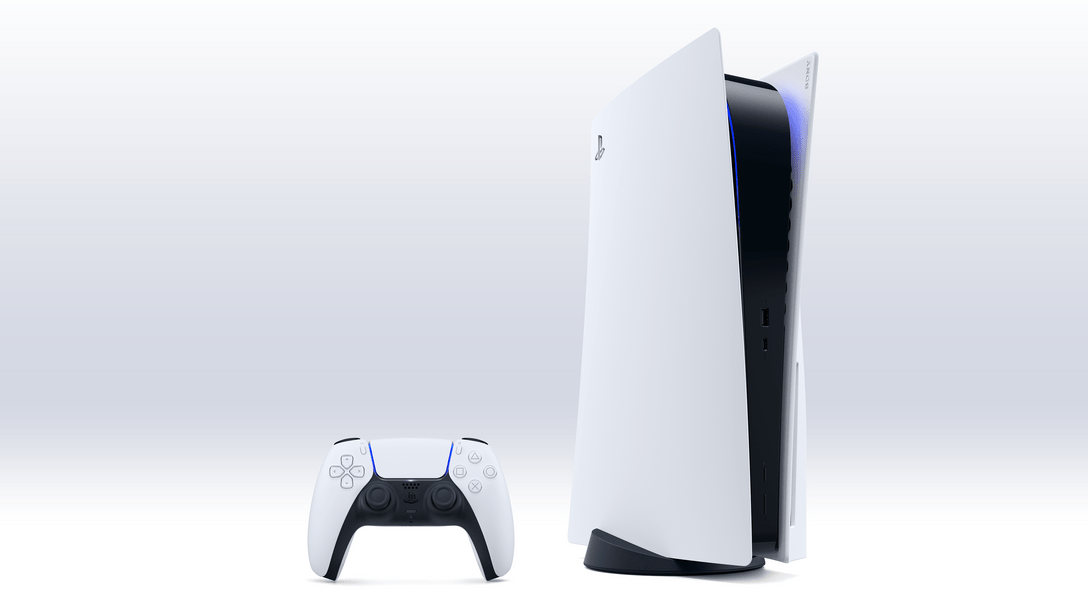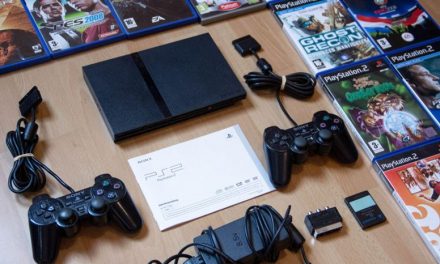When plans were revealed by Google about their plans to launch Stadia, many gamers were left with a huge amount of excitement about what his ambitious project could have meant for the future of gaming.
However, once it was launched on November 19, 2019, it did not take too long before people started to announce themselves that even a company like Google managed to get this device horribly wrong.
As we head towards the end of 2022, though, questions could be asked about whether the platform was a success in hindsight? Admittedly, it might be a little far-fetched, but there is an argument to be had.
What is Google Stadia?
The Google Stadia was the company’s attempt to try and gain entry into the highly competitive games console market, thus trying to rival the likes of Microsoft, Sony, and Nintendo with their own device.
The biggest difference, though, was that this gadget was completely digital as games were found entirely on the cloud. It would feature high-speed game streaming that was available in 4K resolution, whilst it could be accessed across several different devices such as PCs, tablets, laptops, and smartphones, as well as being integrated with YouTube.
Indeed, those gamers would have been left impressed with Google Stadia, however things did not quite work out as much as Alphabet would have likely hoped they would have. Stadia had been promoted as the next big innovation in modern gaming, offering players all the globe access to games on demand, without having to physically own a copy of a specific title, whilst also showcasing a vast catalogue of gaming genres, from adventure games to first person shooters, but also classic card games. This expansive library of gaming has yet to be fully rolled out on Stadia, so players looking to experience these titles today need to look on the casino site MrCasinova.
What made Google Stadia be considered a failure?
Naturally, as soon as a number of different complaints are made, it becomes rather easy to understand why so many had begun to label the Google Stadia as a failure.
Some would complain that the platform would not play games as effectively as possible due to the cloud technology being used and its reliance on internet speeds, whilst those who even used wired connections found that the experience was not that much better. Regarding the internet, it was also found that high internet speeds would be required, which meant a lot of people were left feeling as though they were unable to enjoy the system to its fullest, either.
Others had made complaints about the availability of titles that had been made playable at the time, with many suggesting that a particular genre had been focused on, therefore perhaps only catering to a certain audience and not providing enough choice or versatility for other gamers.
Complaints including pixels, the design of the Stadia controller, and the fact that players would never own the games that they had purchased were all made in addition to those that were mentioned above.
Could Google Stadia still be considered a success in hindsight?
With each one of those complaints in mind and the fact that Google Stadia was labeled a failure by many, could we look at it differently today and actually suggest that there were elements of success in what Google was trying to do at the time?
For some, that argument would be very difficult to make as it did not work as intended, which was its primary aim. However, others will suggest that there is a degree of success that can be taken from what had happened.
This side of the argument will come from those who will suggest that Google was being rather ambitious and innovative with this project, as they looked to take a step forward in the right direction given what technology is currently doing.
Indeed, internet connectivity is only appearing to get stronger and better as each day passes, with the introduction of 5G networks making the ability to play cloud games effectively something that could be realistic to achieve in the very near future, whilst more and more people are able to connect to the network than ever before as it becomes accessible.
Conclusion
To conclude, it could be argued either way as to whether, in hindsight, the Google Stadia can still be considered a failure or if it can be considered a success. There is no denying that the project was highly ambitious at the time and was perhaps highly innovative, however the fact that there were numerous complaints made about it will instantly have had a negative impact which will have had a lasting effect on its legacy.










![[Rumor] Chrono Trigger remake or remaster could already be in development](https://vgleaks.com/wp-content/uploads/2026/02/chrono-trigger-150x150.jpg)


